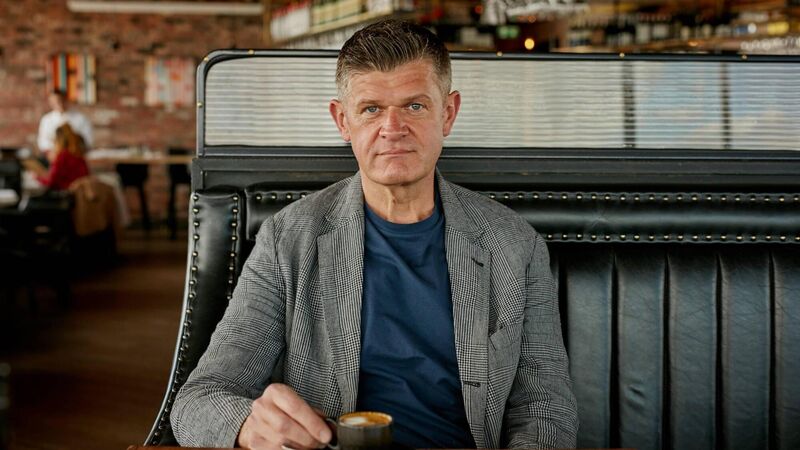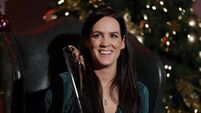Brendan O'Connor: Does it count as empathy if you learn it the hard way?

'I feel ashamed to say this now, but when my daughter Mary was born with Down syndrome, I knew my life was ruined'. Picture: Bríd O'Donovan
I'm not sure. Does it count as empathy if you learn it the hard way?







